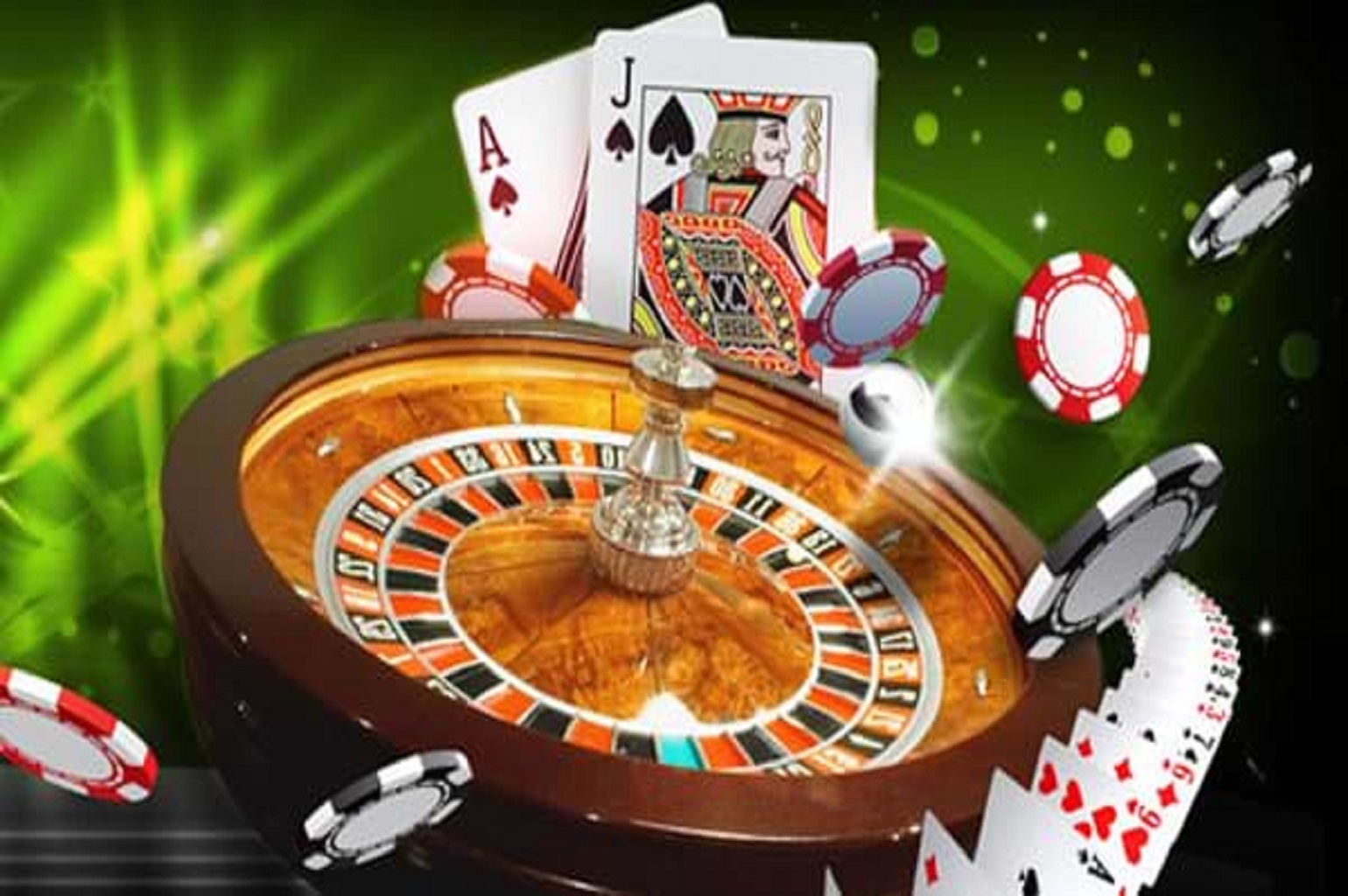
Gambling games have long been a fascinating entertainment option, drawing millions of players from varied cultures around the globe. From the opulent casinos of Las Vegas to the busy gambling halls of the Chinese gambling capital, these games serve as a common thread that brings together people across a variety of backgrounds. The allure of luck, tactics, and gambling entices not only those looking to gamble for profit but also those looking for a sense of community.
The cultural impact of casino games extends well beyond the gaming floor. They often embody the values and beliefs of the cultures in which they flourish. Games such as poker, blackjack, and roulette have embedded themselves into the mosaic of cultural phenomena, influencing multiple fields from movies to fashion. As we explore this intriguing intersection of chance and society, we can comprehend better how gambling games shape and are affected by the environment surrounding us.
Historical Progression of Casino Games
The origins of gambling activities can be tracked back to ancient cultures, where gambling in multiple forms was widely practiced. In China, around 2300 B.C., a form of lottery known as Keno was common, while in ancient the Roman Empire, soldiers would often wager on the results of their contests. The concept of using chance for amusement and profit developed over the ages, leading to the formation of more formal activities. By the final Middle Ages, betting houses started to appear in Europe, notably in Italy, which presented early forms of famous games still played today.
As betting increased popularity in Europe, the 17th and 18th centuries saw the rise of gambling establishments as exclusive locations for betting. The first official gambling house, the Ridotto, was established in the Venetian city in 1638, providing games like the game of Baccarat and the game Faro. This time marked a major pivoting point, as gaming venues commenced to attract not just the wealthy but also the expanding middle-tier society. The complexity of games grew, leading to the introduction of new rules and versions that improved the play experience.
In the 19th century, the industrial revolution and transformations in social conventions also changed the terrain of gambling activities. The launch of roulette and contemporary slot machines attracted a broader clientele, and casinos became seen as legitimate fun. This period witnessed the worldwide proliferation of gambling, as casinos spread from the continent to the New World, culminating in the establishment of the famous Strip of Las Vegas in the 20th century. ngắm gái xinh tại mmlive The development of casino activities has continued into the modern era, including new technologies and digital sites, making them available to a global population.
# Cultural Importance within Different Societies
Casino activities have significant cultural and social significance across many societies throughout the globe. For instance, in Las Vegas, the very essence of the city is woven around gambling establishments, where playing is not just a recreational activity but a fundamental aspect of leisure and social interaction. The dazzling lights and lively atmosphere attract millions, showcasing how games of chance can impact local economies and cultural uniqueness. This setting transforms the notion of recreation into an enriching encounter that affects style, melodies, and even cinema.
In contrast, some communities treat betting with more caution, viewing it through the lens of ethical beliefs and tradition. A case in point, in many Asian cultures, games like Mahjong and Pai Gow are rich with history and possess significant social relevance. These games are often played during get-togethers and occasions, fostering social ties and strengthening family ties. The act of participating in these games goes past mere amusement, reflecting ethics such as respect for elders and the significance of shared enjoyment. mmlive
Simultaneously, in continental countries such as the principality of Monaco and Rome, casino games serve as symbols of wealth and sophistication. The elegant atmosphere of these establishments attracts both visitors and locals, maintaining a sense of distinction and rarity. The art of poker and the strategic elements of games like banker’s game are esteemed, molding community relationships and establishing an appeal that captivates a varied audience. This emphasizes how casino games can both reflect and mold cultural attitudes towards risk, gain, and social interaction.
Economic Impact and Tourism
Gambling activities play a important role in the economic landscape of many areas, particularly those that rely heavily on visitor traffic. The revenue generated from gambling establishments fuels local economies, creating jobs not only within the casinos themselves but also in connected industries such as hospitality, dining, and recreation. This influx of tourists, drawn by the allure of gambling and the overall gaming environment, stimulates spending across multiple businesses, contributing to the economic health of the area.
The existence of casinos often leads to the development of infrastructure, including hotels, transportation systems, and leisure amenities. These developments are essential in enhancing the overall visitor satisfaction, making destinations more appealing to tourists. Additionally, many casinos contribute in local communities through sponsorship of activities and philanthropic initiatives, further integrating themselves into the community structure of the region. Such contribution not only supports economic growth but also cultivates a positive image of the casino industry.
In addition, the worldwide appeal of casino games drives tourism competition, with locations vying to attract gamblers from around the world. Iconic destinations like Las Vegas and Macau have become synonymous with casino culture, drawing millions annually. This competitive edge encourages creativity and diversification within the gambling sector, influencing trends in leisure and hospitality that resonate beyond their limits. The ripple effects of this tourism extend wide, impacting local economies and cultural interactions on a global scale.